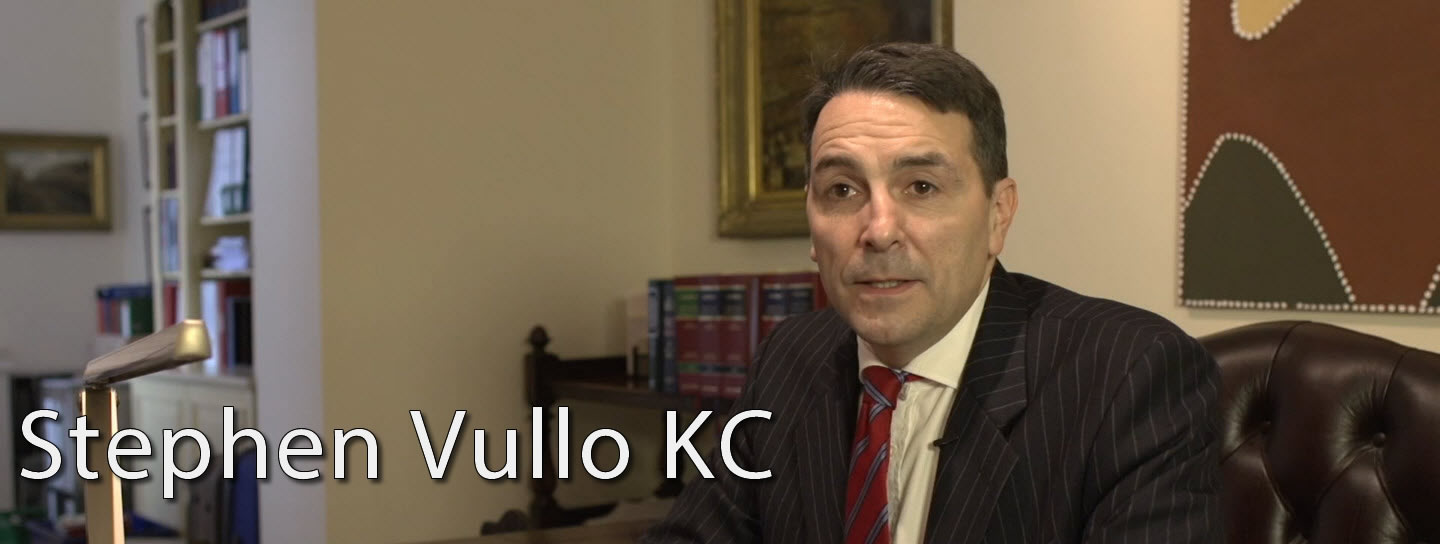Certain conditions of a sexual harm prevention order imposed on an offender who had committed sexual offences against children, which restricted his use of computers, mobile phones with internet access and remote storage, were quashed as they were disproportionate, unenforceable and did not give effect to the statutory purpose.

